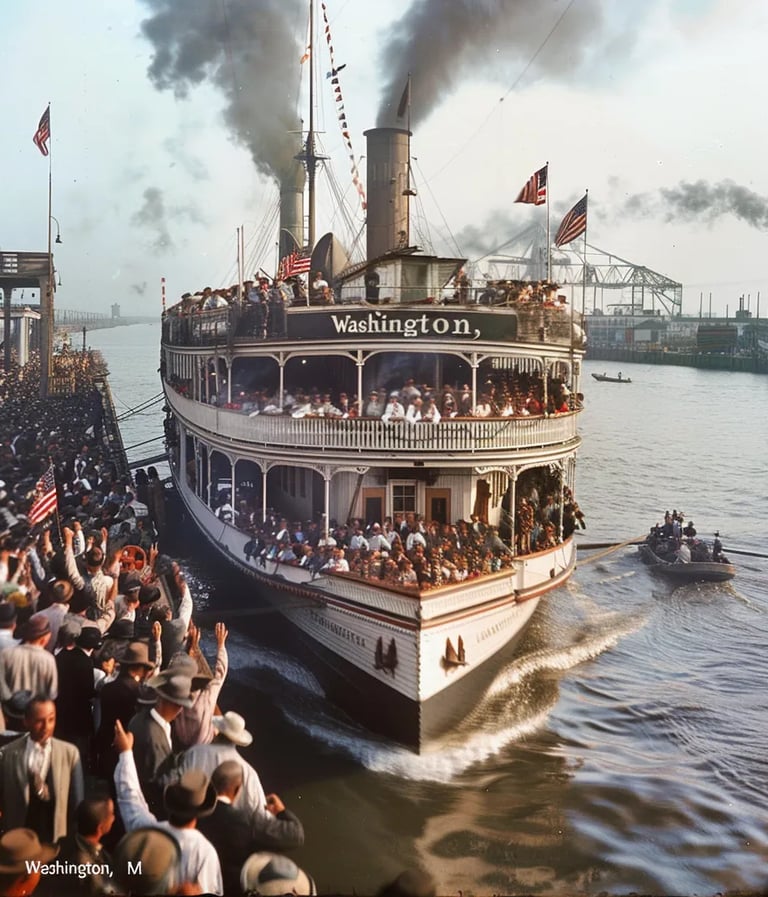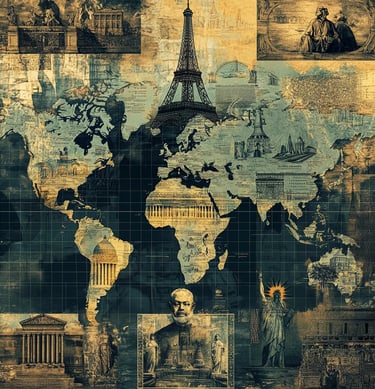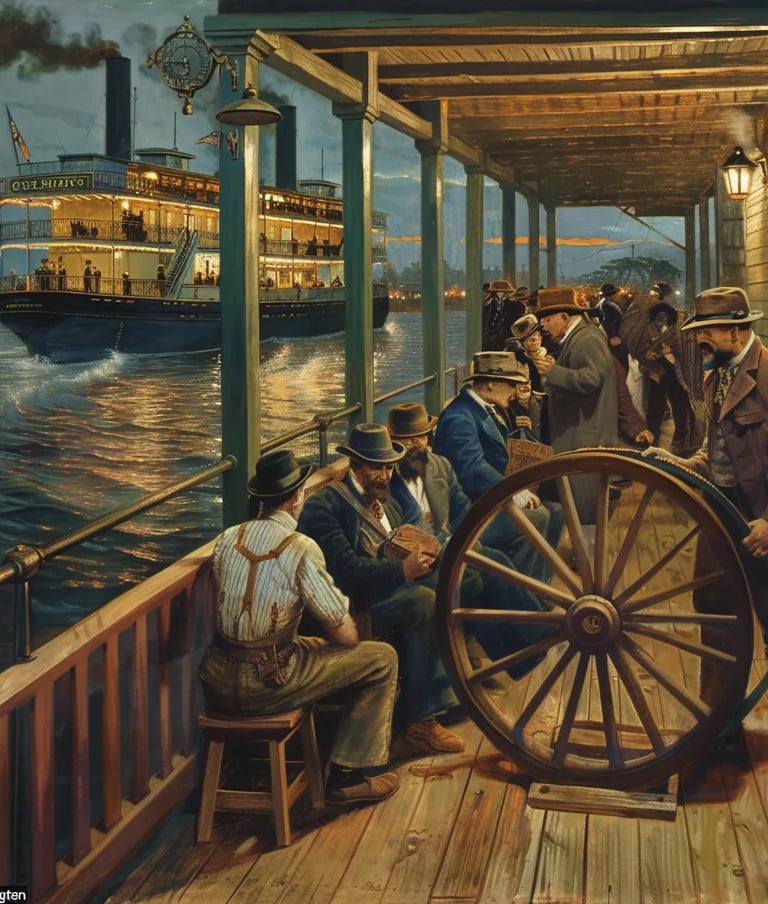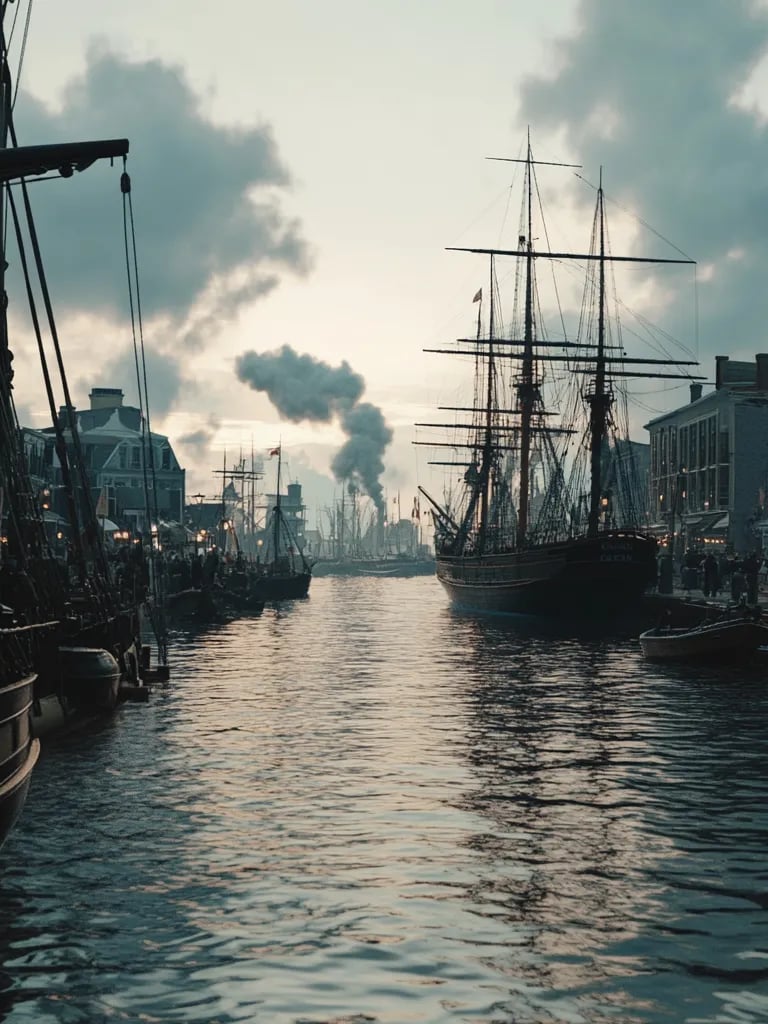Christopher Columbus altered his westward course and missed Florida, leading him to land in the Bahamas. This marked his first encounter with the New World, initiating a series of voyages that opened the Americas to European exploration and colonization. His discoveries significantly influenced global history, altering the course of trade, culture, and interaction among continents.
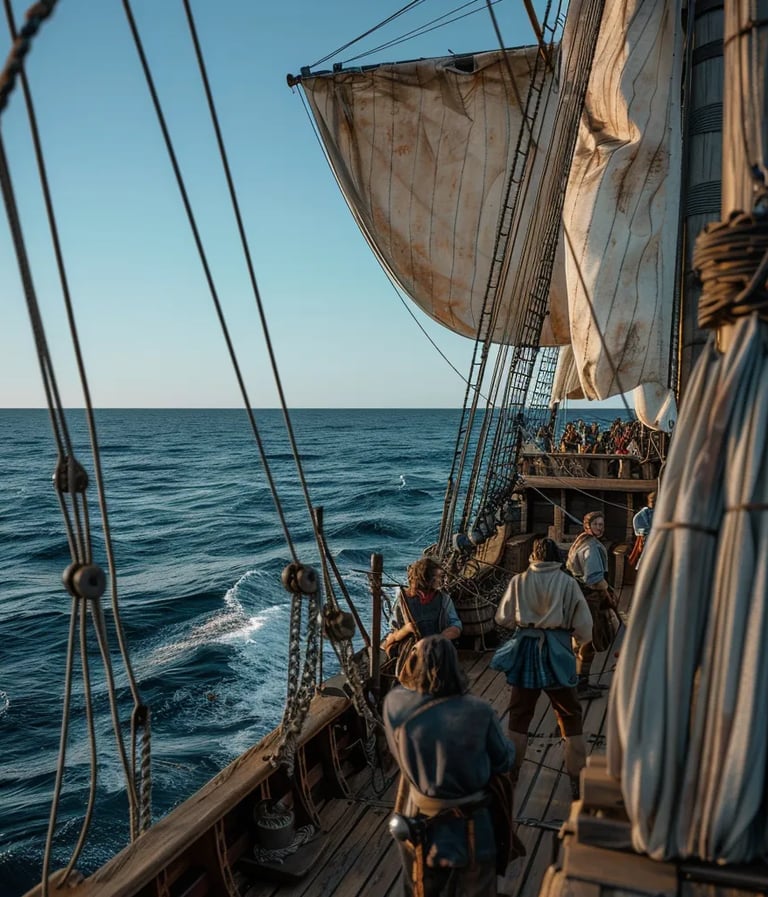

1492 – Columbus Changes Course
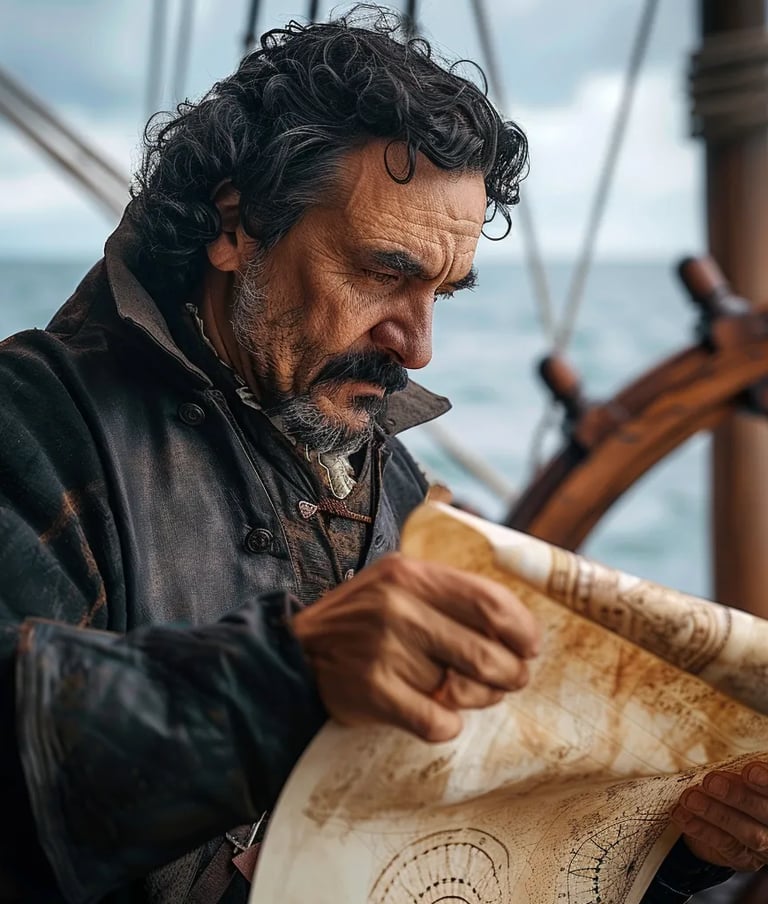

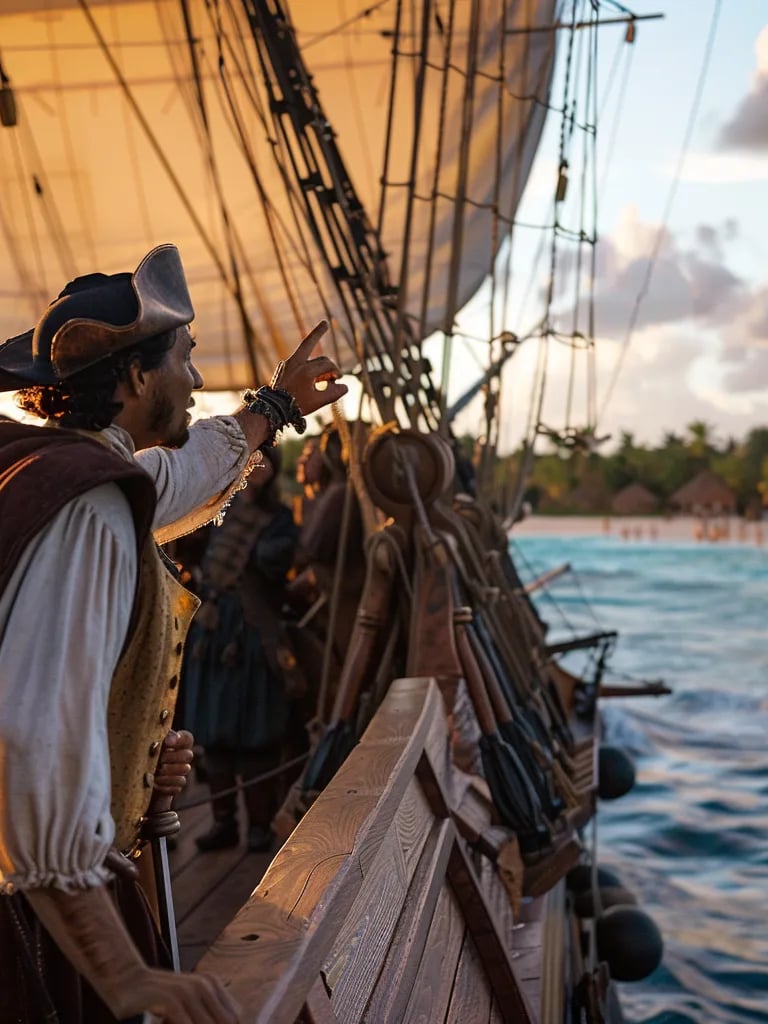

King George III issued the Proclamation of 1763, forbidding American colonists from settling west of the Appalachian Mountains. This measure sought to stabilize relations with Native Americans by limiting colonial expansion. However, it fueled resentment toward British rule among colonists, contributing to the growing tensions and grievances that eventually led to the outbreak of the American Revolutionary War.
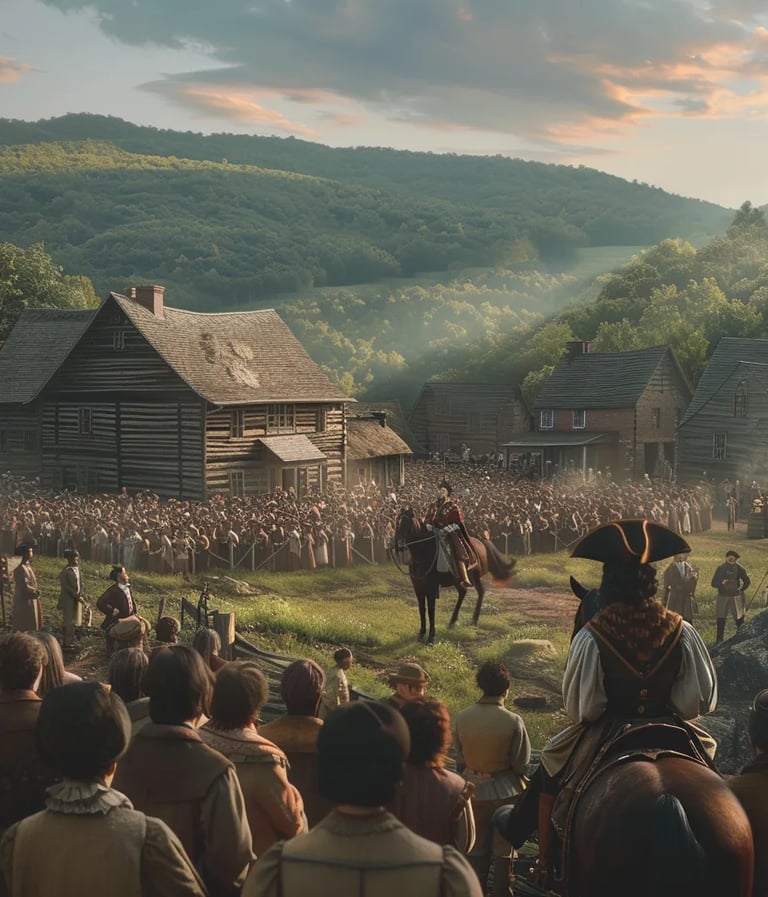

1763 – Proclamation of 1763 Issued
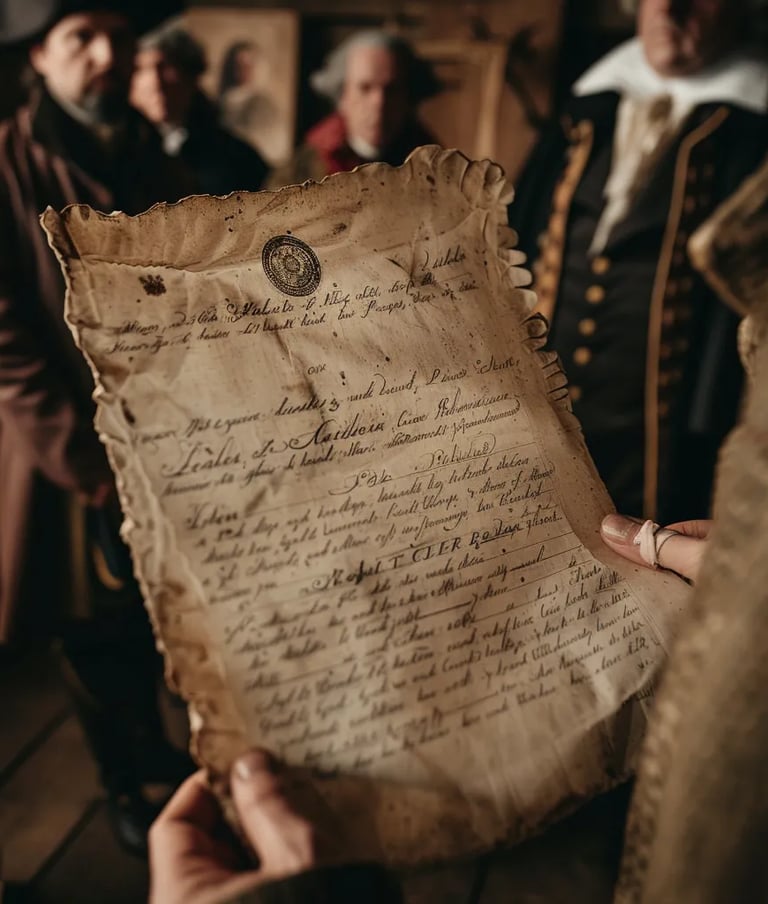

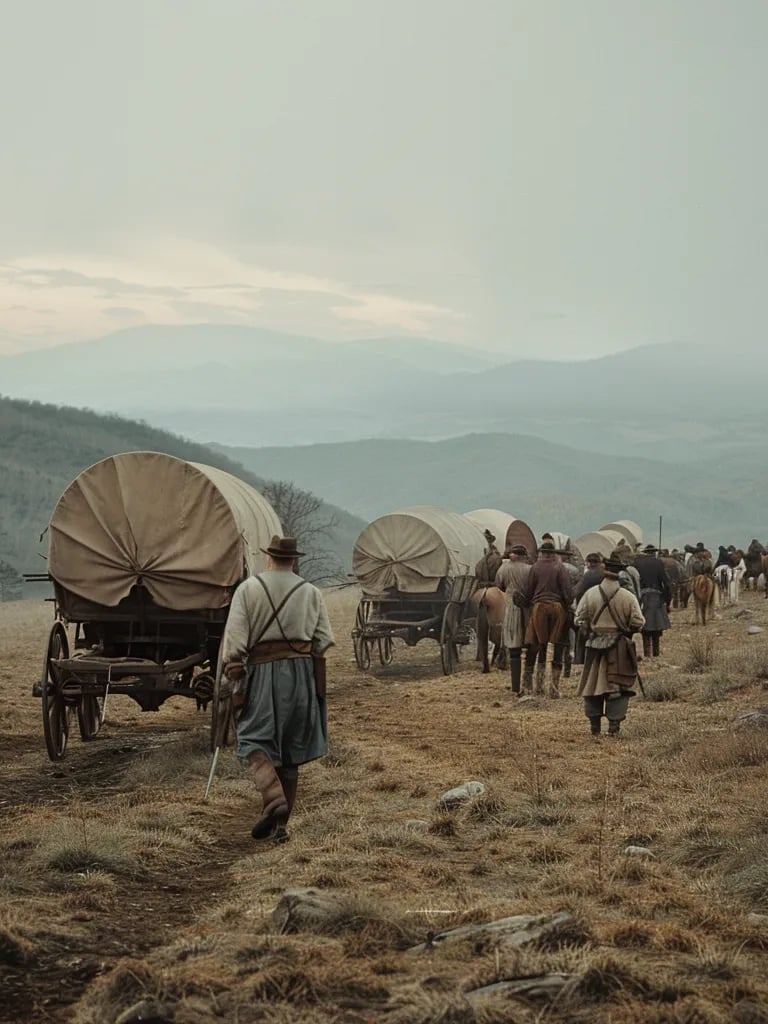

In 1714, the imposition of a beer tax in Alkmaar, Netherlands, sparked a riot among townspeople. This event reflected the widespread resistance to excessive taxation and economic policies across European communities during the era. Such incidents highlighted the tensions between governments and local populations over fiscal measures and their social and economic impact.


1714 – Beer Tax Riot in Alkmaar




A catastrophic cyclone struck Calcutta in 1737, generating 40-foot waves and killing an estimated 300,000 people. This disaster remains one of the deadliest cyclones in history, illustrating the devastating impact of natural calamities on vulnerable coastal populations. The event underscored the urgent need for disaster preparedness and measures to mitigate the effects of such catastrophes.
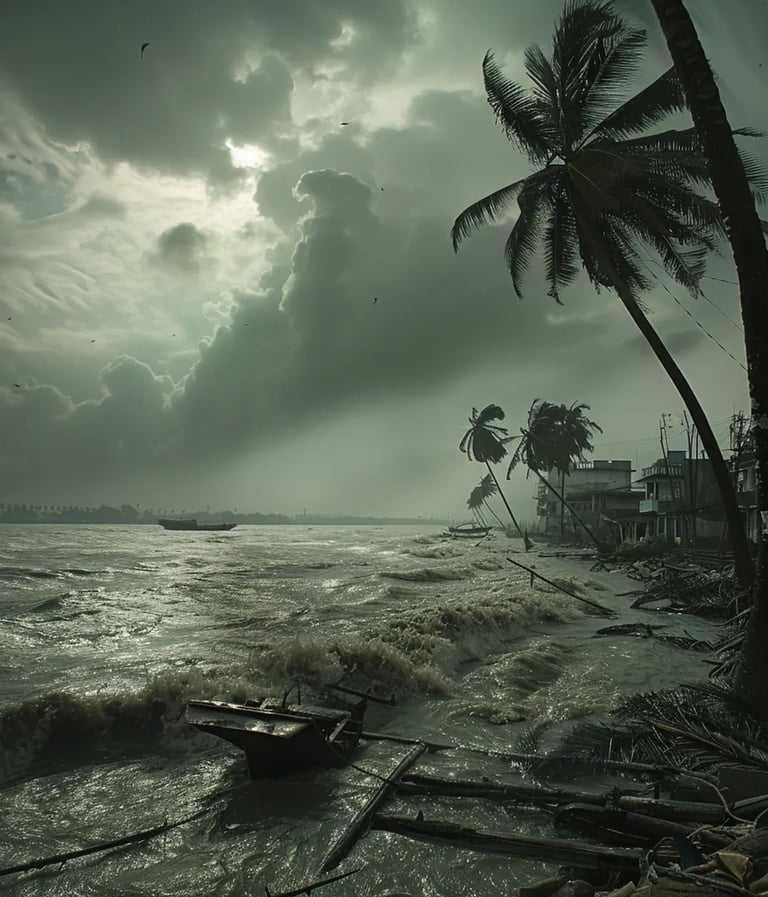

1737 – Calcutta Cyclone




In 1816, the "Washington," the first double-decked steamboat, reached New Orleans. This innovative design significantly enhanced passenger capacity and comfort, transforming river travel. The steamboat's arrival marked a milestone in the development of American commerce and transportation, improving connectivity and enabling more efficient trade along the nation’s waterways.
